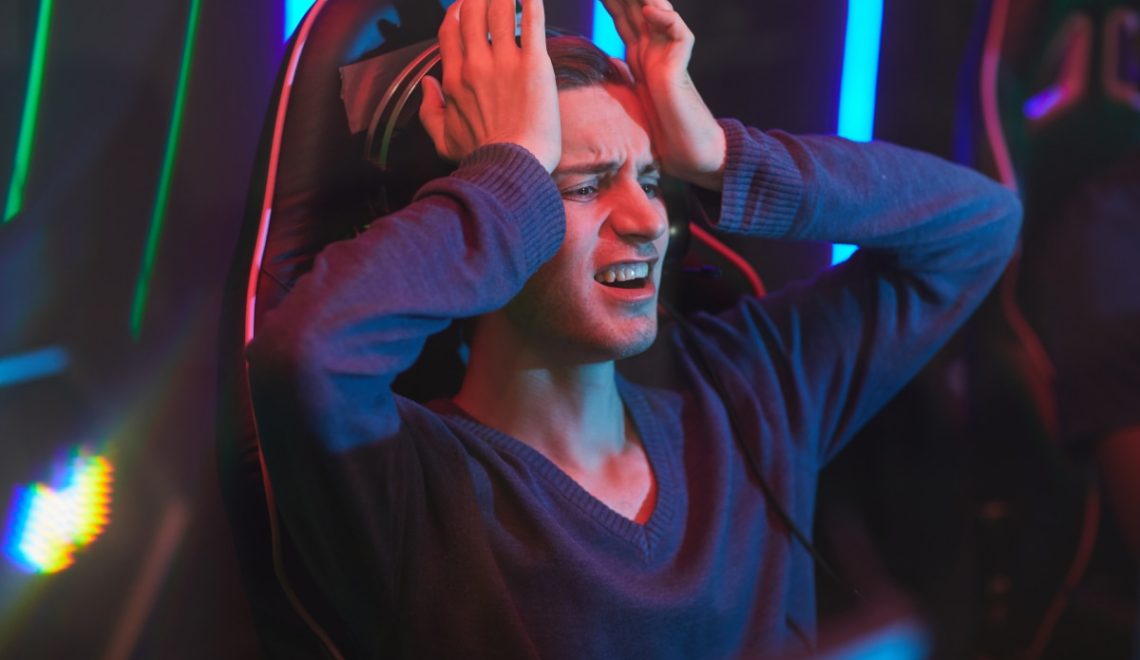
E-Sports and Mental Health: Balancing Passion and Well-being in Professional Gaming
Introduction:
In recent years, the world of electronic sports, or e-sports, has gained immense popularity, captivating millions of enthusiasts globally. The competitive nature of professional gaming has transformed it into a lucrative industry, with players dedicating countless hours to hone their skills. However, behind the glitz and glamour, there’s a critical aspect that often goes unnoticed – the mental health of e-sports athletes. In this article, we’ll explore the delicate balance between passion and well-being in the world of professional gaming.
The Rise of E-Sports:
E-sports, once considered a niche interest, has now evolved into a mainstream phenomenon. Games like League of Legends, Dota 2, and Counter-Strike: Global Offensive draw massive audiences, with international tournaments boasting million-dollar prize pools. As the stakes and competition intensify, the pressure on professional gamers to perform at their peak also increases.
Passion vs. Burnout:
Passion is the driving force behind any successful career, including professional gaming. However, the fine line between passion and burnout is often blurred in the intense world of e-sports. Players, fueled by their love for the game, may find themselves pushing their physical and mental limits to stay competitive. This relentless pursuit of excellence can lead to burnout, negatively impacting a player’s well-being.
The Mental Toll:
Professional gaming demands a level of focus and concentration comparable to traditional sports. Hours of practice, strategizing, and participating in high-stakes tournaments can take a toll on a player’s mental health. Issues such as anxiety, depression, and stress are not uncommon among e-sports athletes, highlighting the importance of addressing mental health within the gaming community.
Breaking the Stigma:
In recent years, there has been a positive shift towards recognizing and addressing mental health issues in the gaming industry. Organizations are implementing support systems, including access to mental health professionals, counseling services, and resources aimed at promoting a healthy work-life balance for players.
Balancing Act:
Achieving a balance between passion for the game and mental well-being is crucial for the sustained success of professional gamers. Establishing structured practice schedules, incorporating regular breaks, and encouraging open communication within teams are essential steps towards maintaining a healthy gaming lifestyle.
The Role of Community and Support:
The gaming community plays a pivotal role in fostering a supportive environment for professional players. Fans, organizations, and fellow gamers can contribute to breaking down the stigma surrounding mental health by encouraging open discussions, promoting self-care, and advocating for the well-being of their favorite players.
Conclusion:
As e-sports continues to grow, so does the responsibility to prioritize the mental health of its athletes. Striking a balance between passion and well-being is not just a personal choice but a collective effort involving players, organizations, and the gaming community. By addressing mental health concerns, the e-sports industry can ensure a sustainable and positive environment for its stars to shine.





